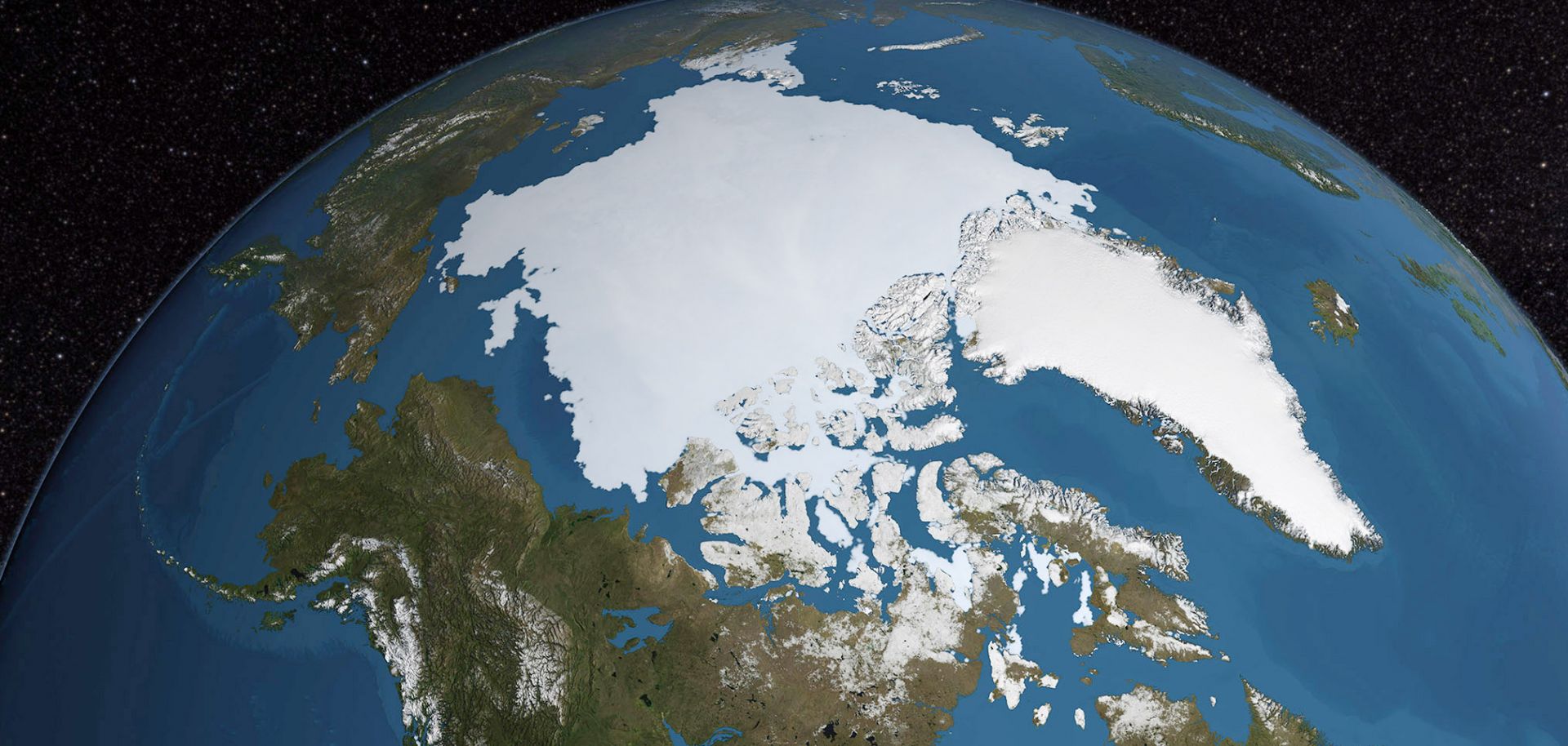ASSESSMENTS
Why China Wants to Expand Its Arctic Footprint
Dec 24, 2018 | 13:00 GMT

A satellite photo from NASA depicts the polar icecap. As the Arctic Ocean's sea ice recedes, China is hoping to join the rush to extract minerals and benefit from shorter shipping times.
(NASA)
Highlights
- The Arctic's growing strategic importance will oblige Beijing to continue its efforts to assert itself in the region from a position of constraints.
- Because China lacks an Arctic shore, it will rely on bilateral and multilateral cooperation, particularly with Russia and the Nordic countries, and adopt a soft approach to ensure its say in the development of the region.
- Russia's economic quandary and standoff with the West could provide Beijing a window into the region, but such cooperation will be subject to future shifts among the United States, Russia and China.
Proceed to sign up
Register NowAlready have an account?
Sign In